Surprising Reasons Why Toilets Block Frequently
Enjoy reading the latest DIY articles and saving money?
Receive our latest helpful hints, tricks and savings, directly to your inbox.
Posted August 24, 2020
Is one of the toilets in your home getting blocked all the time?
It’s simple enough to use a plunger to make most toilet clogs a thing of the past. But if one or more of your home’s toilets block up regularly, it can turn into a huge hassle. It could even force you to make expensive plumbing repairs to fix the problem.
You should never ignore frequent toilet clogs. Instead, you should try to get to the root of them so that you can prevent toilet clogs once and for all. There could be all kinds of things causing a toilet blockage for you.
Interested in finding out more about the potential culprits behind your toilet clogs? Keep reading to see some of the surprising reasons why toilets block and to learn how you can stop these things from causing havoc in your home. We can also show you how to unclog a toilet without causing damage.
You’re Flushing the Wrong Things Down Your Toilet
There are only two things that you should flush down your toilet: Waste and toilet paper. That’s it.
This should almost go without saying. But there are still a lot of people out there who, unfortunately, try to flush all kinds of other things down the toilet. This can cause plumbing problems in a home and let toilets block over time.
Here are just a few of the things that you shouldn’t flush down a toilet under any circumstances:
- Paper towels
- Baby wipes
- Feminine hygiene products
- Cotton balls
- Dental floss
- Cigarette butts
- Hair
If you put something like, say, a piece of hair down your toilet every so often, you might not think it’s going to do much harm. But things like hair can get snagged on the inside of a plumbing pipe and build up over time.
Before long, one piece of hair will turn into two pieces of hair which will then turn into three pieces of hair, and your toilet will soon be clogged because of it. It’s better to be safe than sorry when it comes to what you put down your toilet. Stick to waste and toilet paper.
You’re Using the Wrong Kind of Toilet Paper in Your Home
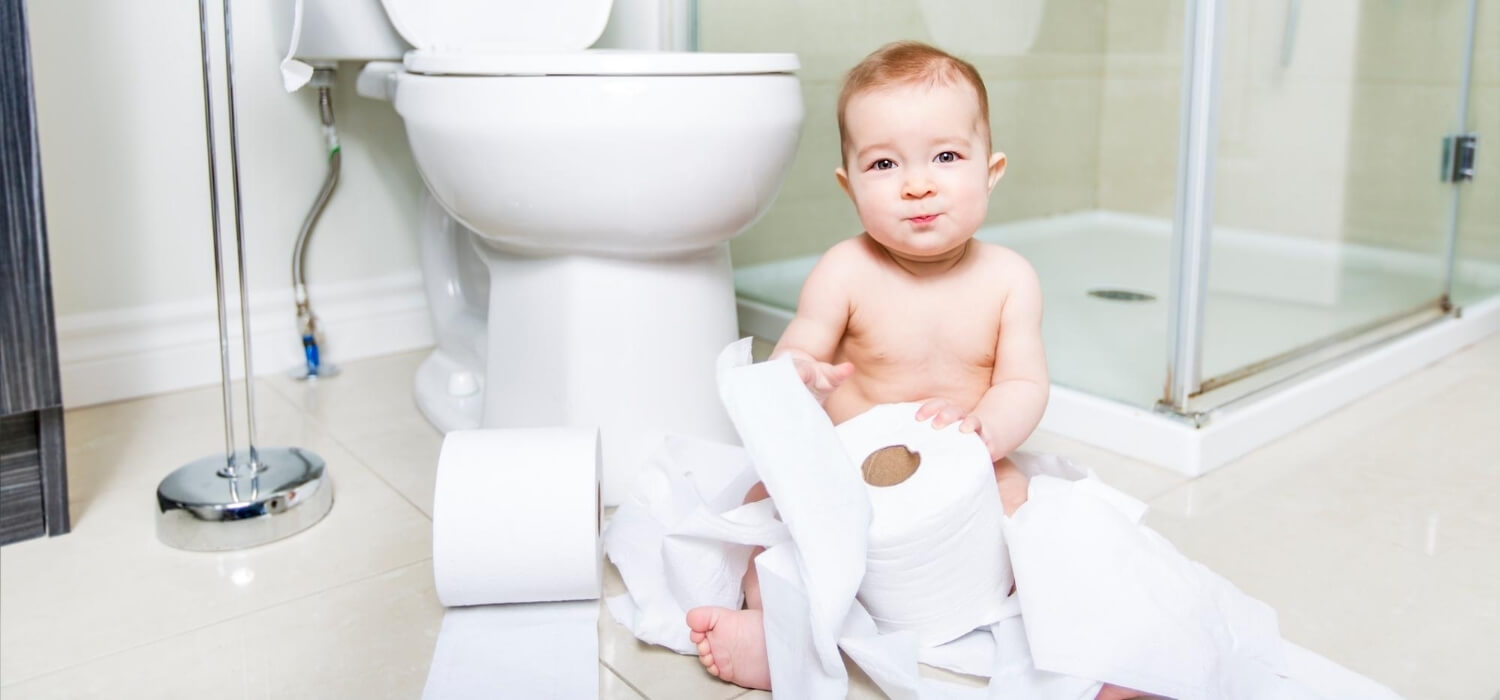
As we just mentioned, you’re obviously allowed to use toilet paper while using the bathroom and then flush it down your toilet. That is, after all, what’s it made for.
What you may not realize, though, is that not all toilet papers are created equal with regards to how they break down once they’re flushed away. Many of the thicker types of toilet paper can lead to clogs in some plumbing systems.
Tests have shown that 1-ply toilet paper works best when people are trying to prevent toilet clogs. It breaks down very easily after it’s flushed down a toilet.
But 2-ply and 3-ply toilet papers aren’t always able to match the effectiveness of 1-ply toilet paper. In fact, there are some 3-ply toilet papers that don’t break down at all in certain plumbing systems.
If your home’s toilets block up a lot and you use 3-ply toilet paper all the time, you might want to think about changing that and checking out the results. This could be very effective for those trying to find out how to go about preventing toilet clogs in their home.
You’re Experiencing Issues With Your Toilet’s Tank
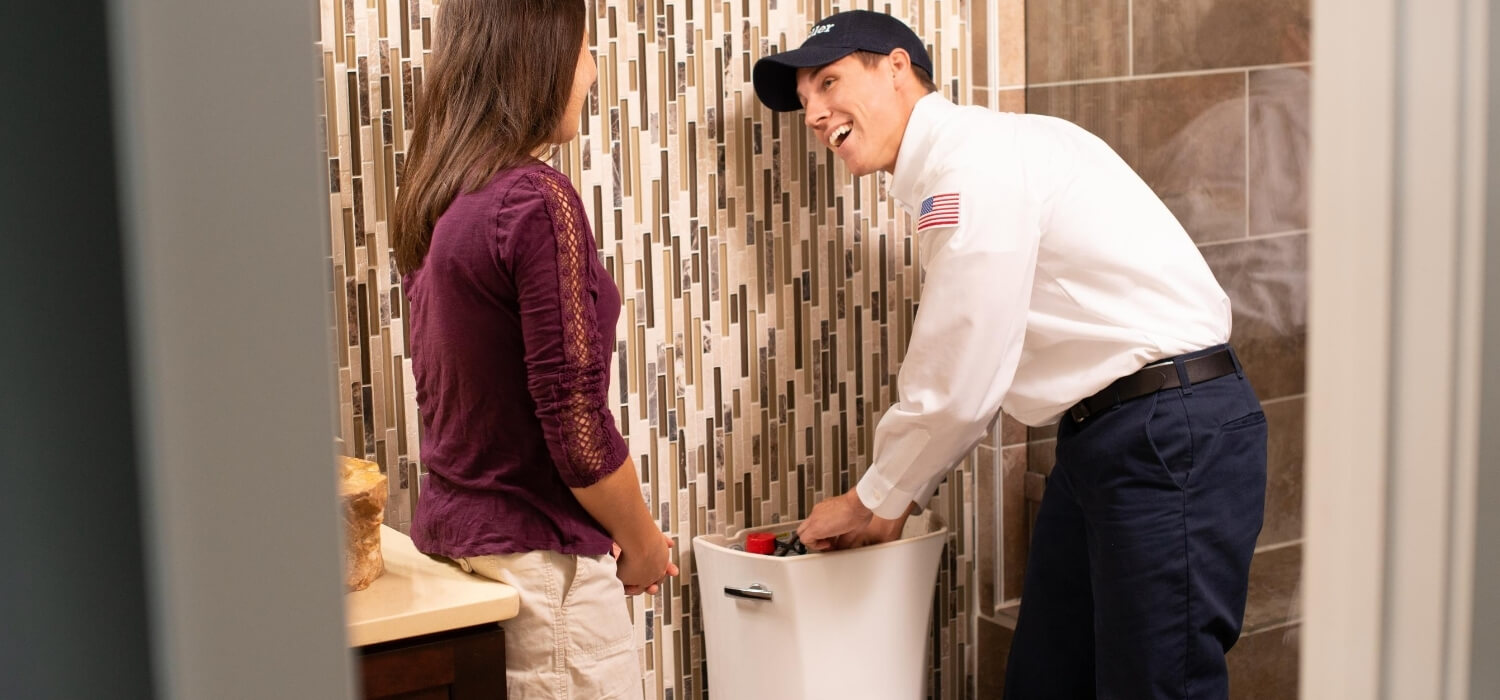
If frequent toilet blocks have started to become all too common in your home and you’re confident that it’s not because of what you’re flushing down your toilet, take a look at your toilet’s tank. See how much water it has in it after it refills following a flush.
Does it look like your toilet’s tank isn’t filling up as much as it should? This could be why you’re having such a hard time getting rid of toilet clogs in your house.
When you flush your toilet, all of the water in its tank empties into the bowl of your toilet and forces whatever waste and toilet paper are in it down the drain. It creates a lot of pressure that it uses to flush whatever is in your toilet bowl away.
So if you don’t have enough water in your toilet’s tank, it’s not going to be able to deliver the pressure you need. This may result in your toilet getting backed up more often than you would like.
Fixing this might mean inspecting your water supply line to make sure there isn’t something wrong with it that’s preventing it from sending enough water to your toilet’s tank. It might also mean replacing one of the components inside of your tank.
It would be a great idea to bring an experienced plumber in to get to the bottom of your toilet troubles. They can evaluate your tank to see why it’s not getting enough water in it.
You’re Still Relying on an Older Low-Flush Toilet
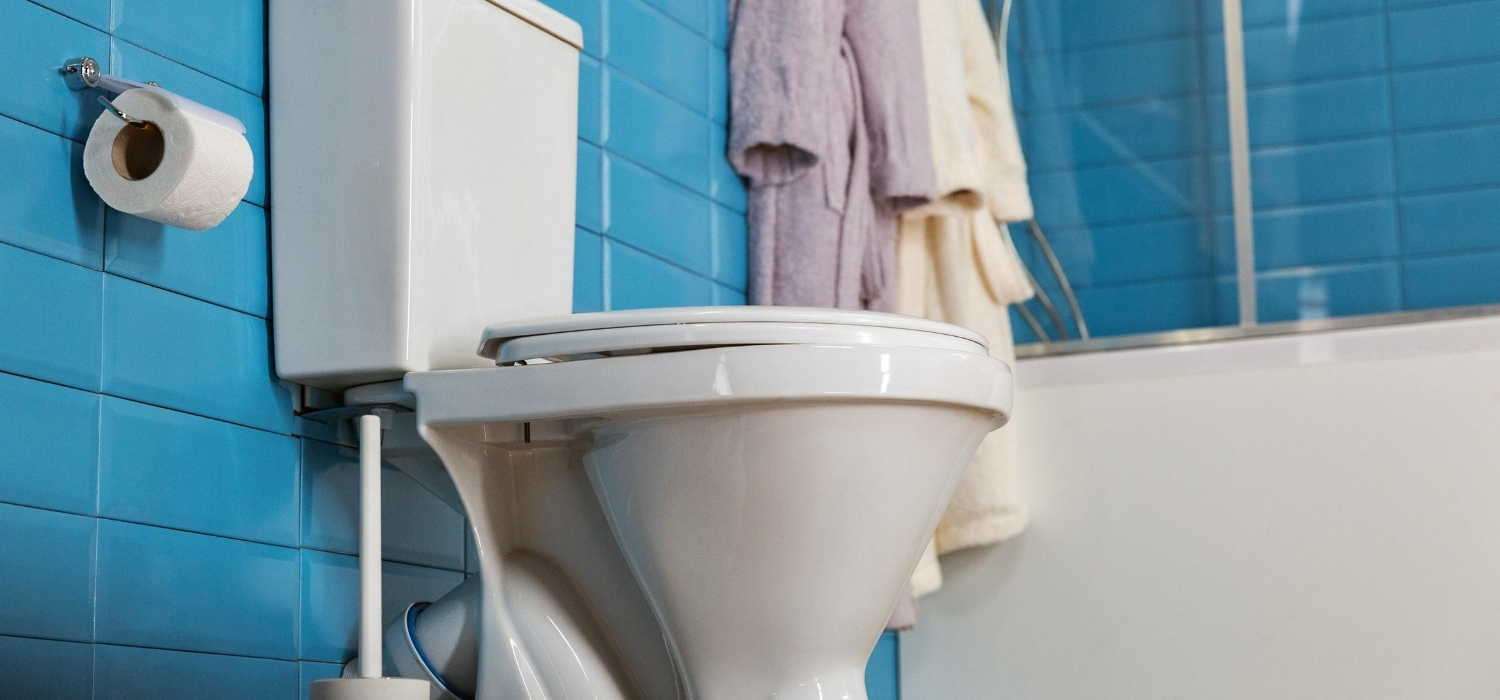
About 25 years ago, the very first low-flush toilets were introduced to the world. They replaced many older toilets that would use over 6 gallons of water every time someone flushed them.
These toilets helped people save a lot of water over the years. But these days, many older low-flush toilets are doing more harm than good for homeowners.
If you have a low-flush toilet that was manufactured back in the 1990s in your home, it could be the cause of the toilet clogs in your home. A lot of these toilets aren’t equipped to create the kind of pressure that it takes to flush away waste in this day and age.
You should strongly consider upgrading your old toilet with a newer one that will prevent toilet clogs. It should still be able to conserve plenty of water. But it won’t put your entire plumbing system into harm’s way in the process.
You’re Welcoming Hard Water Into Your Home
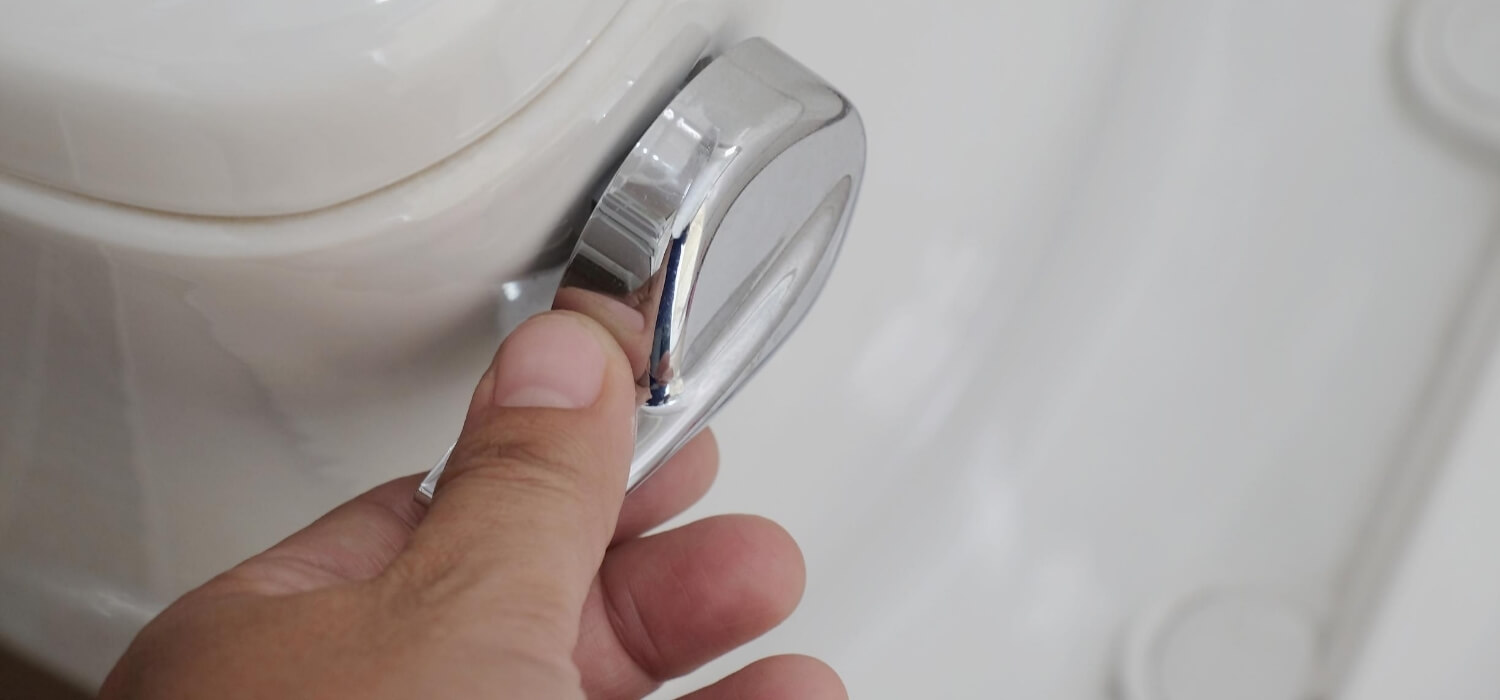
Most of the water that flows into American homes have at least some minerals in it. But some water is jam-packed with too many minerals at once.
This water is what is called “hard” water. It contains high levels of calcium and other minerals, and it can be very harmful to your plumbing system if you don’t do something about it.
Over the years, the minerals found in hard water can build up on the inside of the drain that sits underneath a toilet. They can make it harder and harder to flush a toilet, especially if you’re using toilet paper that’s on the thicker side. And eventually, you may need to get the drain replaced altogether to fix this problem.
You can steer clear of encountering this issue in the first place and prevent toilet blocks by installing a water treatment system that is designed to soften your water. You won’t have to worry about hard water taking a toll on your toilet or any of the other aspects of your plumbing system anymore.
You’re Using a Toilet That Isn’t Properly Vented

The average plumbing system has what’s known as a drain-waste-vent system built into it. This system takes waste from your toilets, sinks, showers, and more and carries it out of your home.
For a drain-waste-vent system to do its job, it needs to have the proper ventilation set up. Oftentimes, homeowners will have a series of vent pipes sticking out of the top of their houses to provide ventilation for their plumbing systems.
If your toilet isn’t connected to a vent in the right way or if your vent is blocked, it’s usually going to result in a toilet clog. Your toilet won’t be able to push waste down through your plumbing system without the proper ventilation.
You’ll need to hire a plumber to come and see if your plumbing system has enough ventilation if frequent toilet clogs are causing issues in your home.
You’re Having Serious Problems With Your Home’s Sewer Line or Septic Tank Line
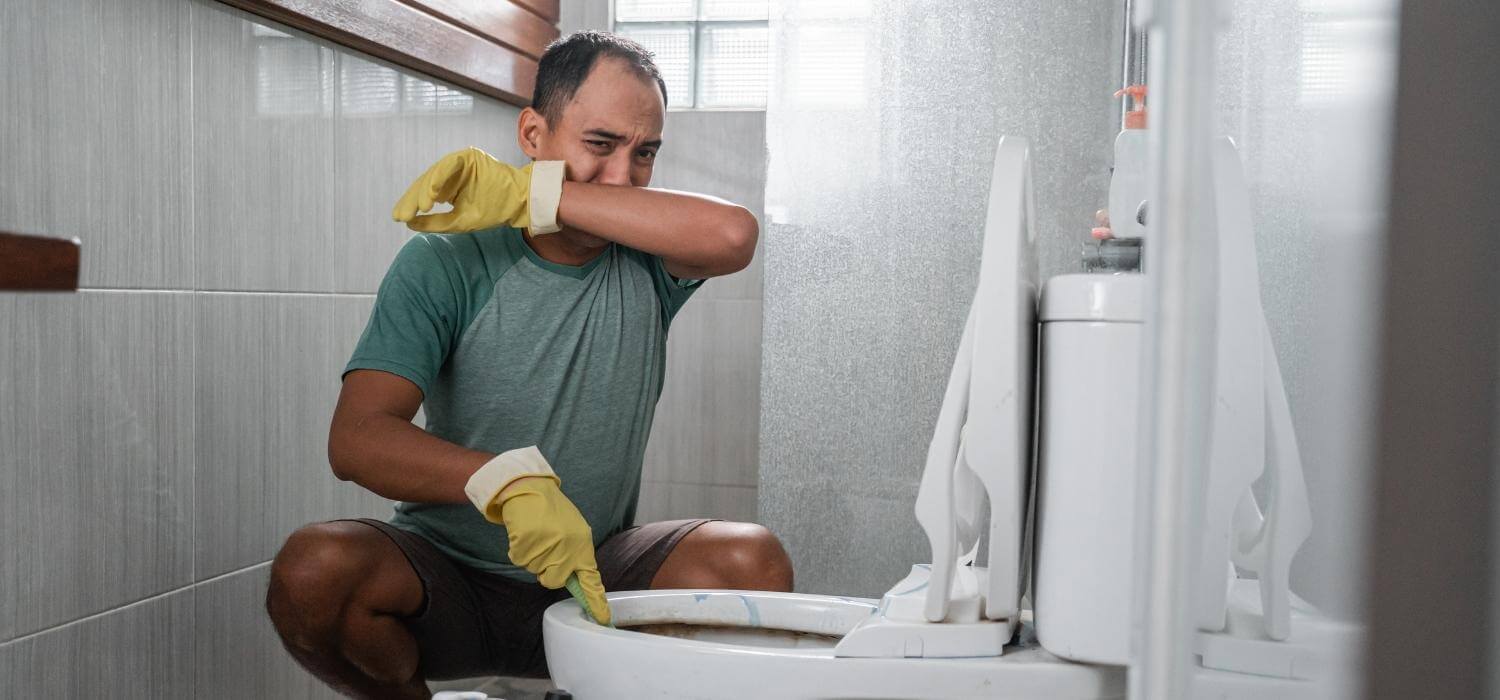
Most of the plumbing problems that we’ve talked about thus far are relatively minor in the grand scheme of things. It’s simple enough to change the type of toilet paper that you use in your house or fix a water supply line without spending a fortune.
Even if you have to replace an old toilet entirely, you’re not going to need to break the bank to buy a new one. You can get a basic toilet installed for right around $200 on average in most cases.
With all of that being said, there isn’t going to be anything minor about a problem with your home’s sewer line or septic tank line in most cases. You’re going to need to mentally prepare yourself to have more extensive repairs made to your plumbing system when this is the case.
In a best-case scenario, a plumbing company will have to work hard—very hard—to locate and eliminate a clog in a sewer line or septic tank line. But in other instances, a sewer line or septic tank line may need to be replaced completely.
Replacing these lines can be costly for you. It can also take time for a plumbing company to repair these types of lines from a logistical standpoint.
For this reason, it’s not the worst idea in the world to have your sewer line or septic tank line inspected every so often, even when it’s not presenting problems. You might be able to identify issues early on and steer clear of letting them spiral out of control.
You’re Producing Waste That Is Too Solid for Your Plumbing System

If toilets block all the time in your home when you use them and you just can’t seem to figure out why, is there a chance that you could be the problem?
It’s a longshot. But some people eat high-protein diets and produce very solid waste as a result. Other people take certain medications that make them more likely to produce waste that is on the solid side.
If you happen to produce waste that is too solid, it can, believe it or not, lead to more toilet clogs in your home. Your waste can get stuck in your plumbing pipes and cause wastewater to back up into your home.
There are a couple of ways to get around this. You can either:
- Start incorporating more fiber into your diet, which should help to loosen waste up and make it easier to flush
- Invest in a pressure-assisted toilet that packs more power than the average toilet
As we just said, there’s a decent chance that your waste is not the culprit behind your frequent toilet clogs. But if you’re the only one in your house clogging toilets up, you might want to consider it as a potential cause of your issues.
Some Toilets Block Every Now and Then—But They Shouldn’t Block All the Time!
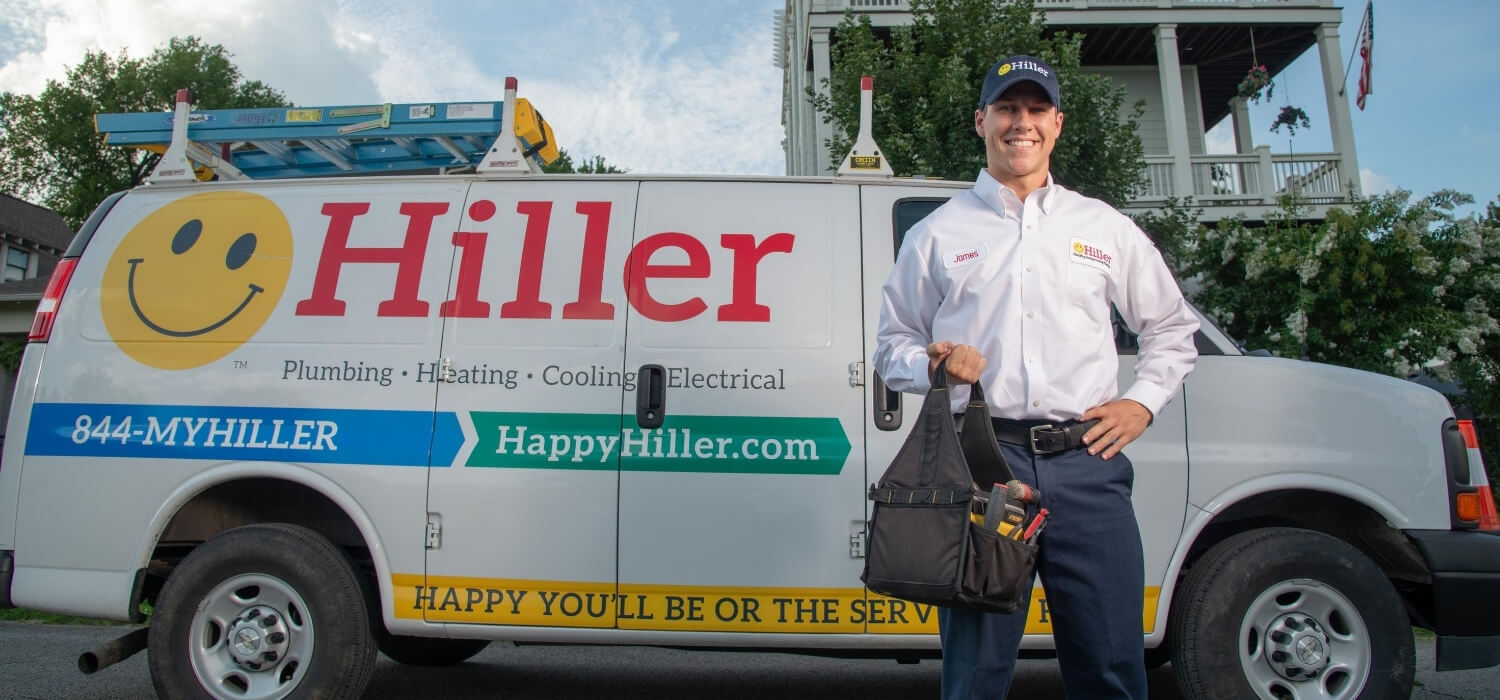
If you live in a house for a long enough time, you’re eventually going to see some of the toilets in it clog up. It comes with the territory when you own a house.
You shouldn’t get too worried about the occasional toilet clog in your home. But if your toilets block up every few days on you—or even more often than that—that’s the sign of a bigger problem. You’re going to want to have a plumber come to your home to investigate.
We would love to visit your home and show you what we can do about your frequent toilet clogs. We’ll check out your toilet from top to bottom to diagnose the issue at hand and come up with a solution for it.
Whether you need us to make a repair to your existing toilet or install a new one, you’ll be satisfied with the plumbing services we provide. You’ll wonder why you didn’t call on us sooner for help with preventing toilet clogs.
Get in touch with us today to request service for one or more of the toilets in your home.
 Daily Promotion
Daily Promotion
$500 Off Tankless Water Heater
Upgrade your comfort and give back this season.
Get Promotion